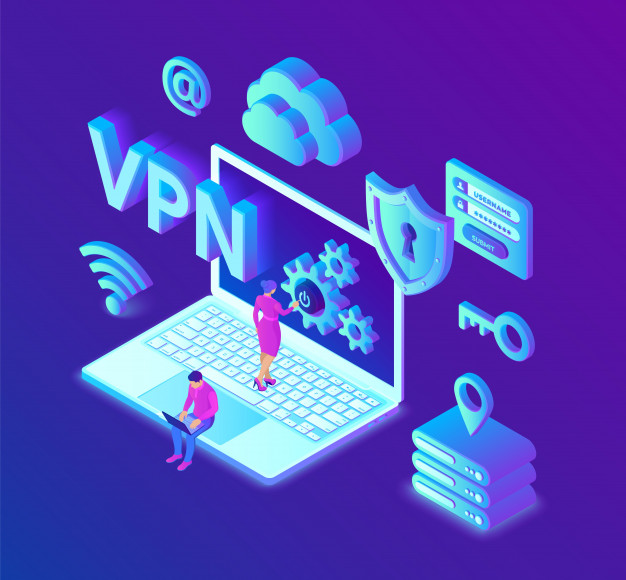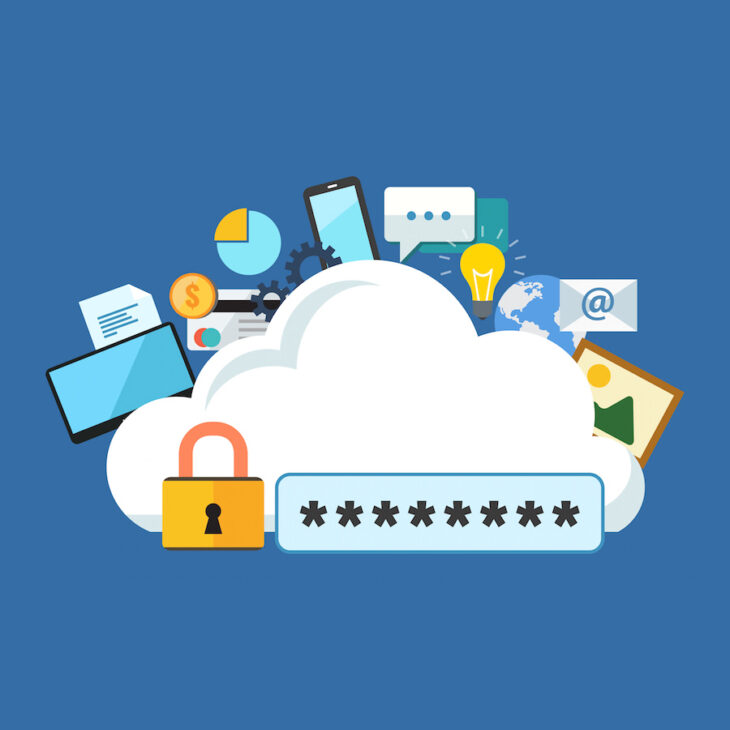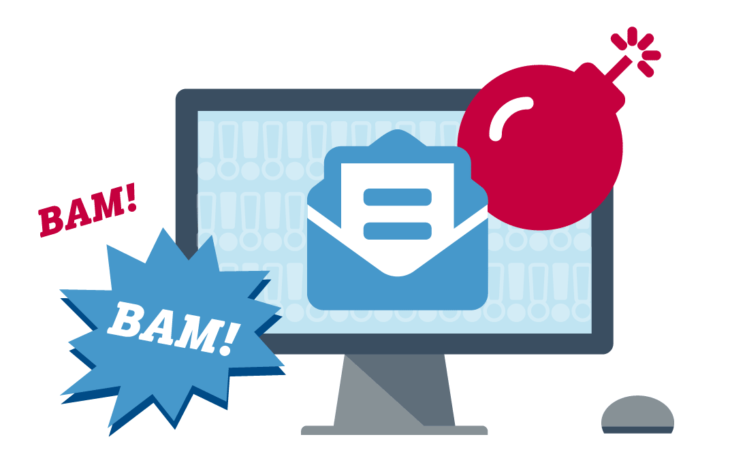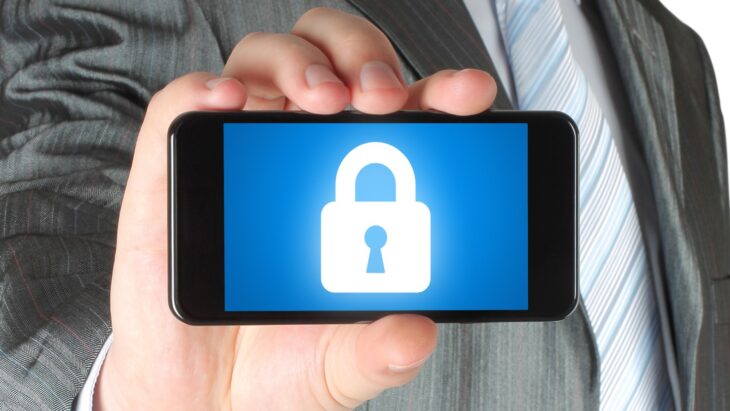The internet is a space full of malicious links, viruses, and scams. Online security is something that we all should consider on a daily basis. Sometimes, when accessing certain websites, we don’t think about how these websites can keep and use your personal information. Some sites even ask for your email, phone number, or other sensitive data that is unique to you.
Most of these websites will explain to you that this is an important step to ensure your online safety. It’s quite the opposite!
Although there are many websites that will do everything to protect your activity, and how your personal info is being stored, there is no such thing as 100% online safety. Still, you can be 90% safe in the online world. How? By surfing more carefully on the search engines.
Contents
1. Think before clicking

img source: kxcdn.com
“Think before you click” – it is a strong and important message designed for teenagers, but not only, to help them understand the importance of online security. Overexposing yourself on social media network websites is a popular concern in the worldwide audience. It is crucial to pay attention to what pictures you’re uploading on the internet, and on what websites you click. Remember that once you complete an activity online, it cannot be undone. You’re totally losing control of it, as that information can be copied, used for other purposes (manipulate you), or displayed on other websites without your consent. So, make sure that you double-check the website before clicking on it. Just because it says “click here”, doesn’t mean that you should do it.
2. Private networks

img source: freepik.com
The online threats are many – it’s essential to do frequent security scans to see if there are any vulnerabilities on your websites. Also, you can use a proxy to protect your privacy online. If you’re new to the proxy, don’t worry. A simple check online will give you the necessary information about it. Generally, people are using proxies because they want online security. IPRoyal will help you hide your IP address, and gain access to the most restricted websites. It is popular, useful, and can be a great way to control the internet usage of children.
3. Set strong passwords

img source: focus.net.nz
Use strong passwords! We cannot deny the importance of using strong passwords and change them regularly. It’s a safety tip for anyone, no matter what social platforms they use. In the past decade, passwords were short (3-4 characters) – just enough to keep information private. But now, technology has evolved, so have the possibilities of cracking passwords. Therefore, make sure that you choose passwords with at least 6-8 characters (including using capitals, letters, numbers).
Don’t use familiar phrases such as “I love my kids”. Instead, use something more complex, such as “1LmkI5z”. But make sure that you remember them. If you choose to write it down, make sure you keep your copy in a place that cannot be accessed by others. Also, don’t use the same password twice – if someone hacks your account, they’ll gain access to other important information, too.
4. Beware of phishing scams

img source: websolutions.com
Phishing scams are some of the biggest cybersecurity threats on the internet, and also easy to fall for. Phishing attacks refers to hackers that will pretend to be someone that the receiver may be familiar with and trick them into giving important information, such as divulging important credit cards or opening software that infects the receiver’s device with viruses.
So, beware of the unfamiliar emails you receive, and look for errors, including grammatical ones. If you receive an email that says it comes from the company you’re working for and asks for important data (credit card numbers), look for these grammatical errors. A reputable company shouldn’t send such emails. Also, they won’t ask for personal information via emails. Do not click any link that looks suspicious, and make sure you verify what the destination is.
5. Secure your mobile phone

img source: newatlas.com
Security means more than just your desktop. It’s vital to get into this habit of securing all of your personal devices, such as your cell phone. Use strong passwords to ensure no one has access to your messages, emails, photos, etc. Also, turn off your Bluetooth and Wi-Fi so that you don’t automatically connect to possibly malicious public networks. Protect your phone by using these tips:
- Lock your phone
- Use a fingerprint detection
- Encrypt your data
- Avoid jailbreaking your iPhone
- Avoid rooting Android
- Back-up your data
- Avoid third-party apps
- Set up remote wipe
- Download anti-malware apps
- Update operating systems
- Use public Wi-Fi carefully
If you spend a lot of time online, you can use these tips to protect yourself, your data, and your phone against malware. For peace of your mind, make sure to avoid posting on social media important info or upload too many photos.
6. Back-up your data

img source: pcninja.us
Nowadays, storage doesn’t cost a fortune. There isn’t an excuse not to have a back-up of sensitive data. Our device digital contains a lot of important data, family photos, financial records, personal contacts, music collections, etc. Data can be lost due to a lot of incidents, including internet scams, viruses, computer malfunctions, etc. It makes perfect sense to back up your data regularly. The process is relatively easy:
- Make a copy of your data
- Select the hardware or the possibility to stock your documents
- Securely stock the backup device that contains your copied records
Most computers come up with backup software installed. So, check to see if there are any programs that will allow you to make copies of your files and programs on your device, or just the files you have changed since the last back-up.
You are a target!
You are not immune to what is called “internet scams”. You don’t have to believe that it will never happen to you, as most people do. If you think you don’t visit unsafe websites, think again. Cybercriminals don’t discriminate, so be aware, not all mistakes can be undone.
